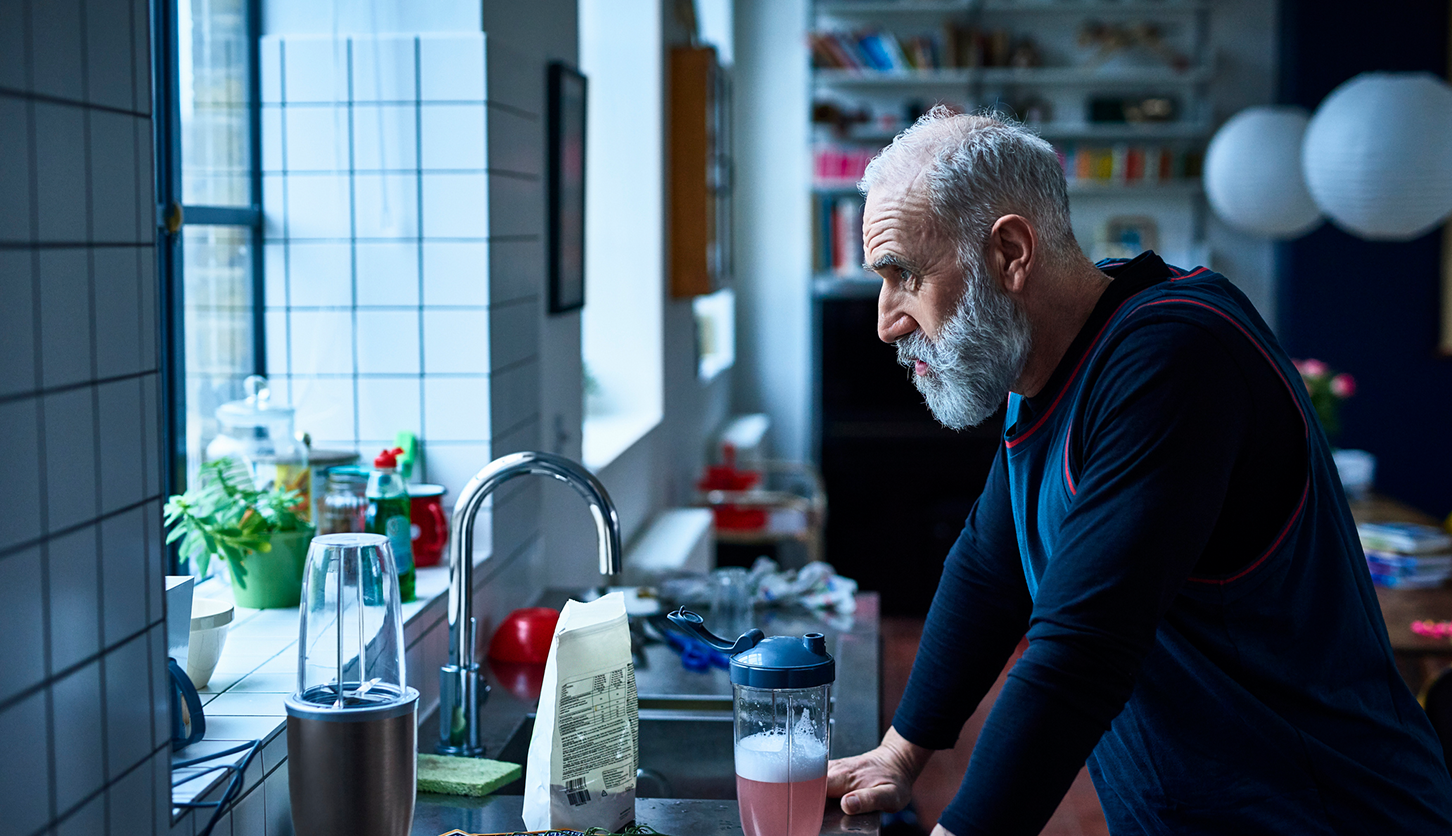We all know people who say they “have no regrets.” These people believe spending time looking in the past and dwelling on negative experiences hold them back. According to one expert, those people are missing one of life’s biggest opportunities for growth.
“They are dead wrong,” says Daniel Pink, a New York Times best-selling author of The Power of Regret: How Looking Backwards Moves Us Forward.
“People have this philosophy of no regrets, and it’s a bad philosophy,” Pink told Growing Bolder. “Everybody has regrets. Regrets make us human. It’s one of the most common emotions that we have.
“If this thing that’s a little bit painful is so common, what’s the point? Why does it exist? It’s because regrets make us better. Regrets are our most useful emotion if we deal with them properly.”
Pink believes there is a balance of emotion to work towards in a healthy life.
“I am all for positive emotions. Our positive emotions should outnumber our negative emotions. The thing is we want to have a few negative emotions because they’re useful,” Pink said. “Imagine if we didn’t have the negative emotion of fear. We wouldn’t be able to get out of burning buildings. Imagine if we didn’t have the negative emotion of grief. We wouldn’t be reminded of those we love.”
An analogy that Pink hopes more people adopt is looking at regrets as an instructor, rather than a judge.
“It’s a teacher saying, ‘Hello. I am here to teach you something.’ If we’re open to that, it is an incredible force for forward progress and if we are closed to that, we’re leaving an incredible capacity on the table.”
Embracing our regrets is something we can practice with a simple pen and paper exercise.
“A ‘failure resume’ is one of the best ideas I’ve ever seen,” Pink explained. “We all have these resumes, these incredible lists of our accomplishments and how awesome we are. What professor Tina Seelig suggests is that you do the reverse of that. Compile a list of your screw-ups, mistakes, setbacks, and your flops. It’s embarrassing. It’s not something that I want to share, but then I made a column next to it that showed what did I learn from that.
“That was revelatory because as I looked over these mistakes, I realized that in some of them, there actually wasn’t a lesson. It was just like, stuff happens. It’s bad luck. But on others, I found myself making the same two mistakes over and over again, that the source of these setbacks were the same two mistakes. That gave me lessons that regret was a teacher, which allowed me to avoid making those mistakes in the future.”
While acknowledging that dealing with negative emotions can be challenging, Pink believes that it can be made easier if we give ourselves grace. “What I want people to do is forgive themselves for having regrets, treat themselves with kindness, disclose your regrets as a way to make sense of them, and then explicitly draw a lesson from them for what to do next time,” Pink said. It is never too late to make a change, pursue a passion, learn a new skill, start a new job or make a new relationship. “Having no regrets is not a sign of courage. What is courage is staring your regrets in the eye and doing something about them.”
This article is featured in the September 2022 issue of The Growing Bolder Digital Digest.















